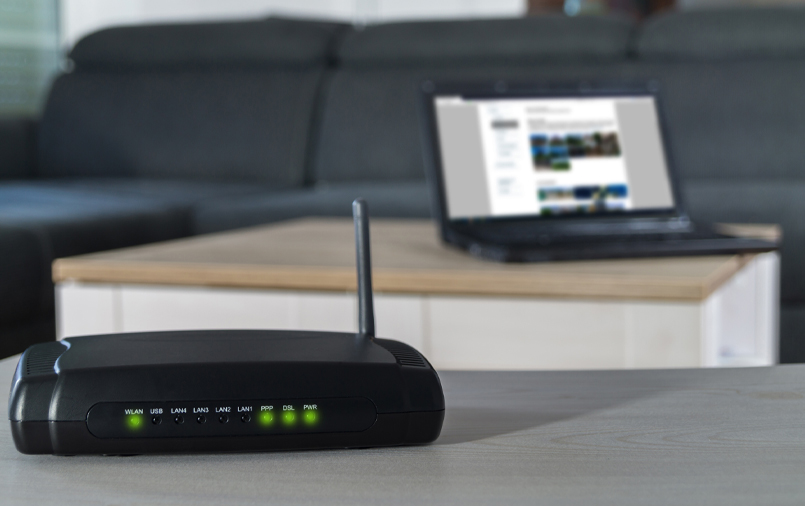- Popular WiFi Module on Spotlight
- Bugs Discovered
- Patches Implemented

A WiFi module embeds a serial port or TTL to conform to the wireless network communication standard. From there, the modules can use WiFi directly to connect to the internet. The advancements in wireless transmission paved the way for the emergence of the Internet of Things (IoT) devices that makes life all the more convenient for users and WiFi plans subscribers. However, it also opened up opportunities for hackers to take advantage of others, such as what happened to the Realtek RTL8195A WiFi module.
Popular WiFi Module on Spotlight
Vdoo, an automated product security platform for IoT devices, has analysed several of these devices for security vulnerabilities. This includes the Realtek RTL8195A WiFi module, which is popularly used in various low-power applications. The module runs its own application programming interface that allows developers to easily communicate with the module over WiFi, HTTP, mDNS, MQTT among others. It also supports WEP, WPA, and WPA2, which are some of the most common authentication modes. However, this is also where exposure can happen.
Bugs Discovered
According to Vdoo, they found vulnerabilities when it comes to stack overflow and read out-of-bounds issues. One of the most severe issues in this regard is VD-1406, which is a remote stack-based buffer overflow that allows hackers to completely take over the module. This can be done even without knowing the PSK or the WiFi network password, which is encompassed in the read out of bounds vulnerability.
Overall, Vdoo discovered six critical bugs and Realtek has already published a bulletin regarding these vulnerabilities. Apart from the RTL8195A though, the experts at Vdoo believe that the vulnerabilities are also relevant to three other modules namely RTL8711AM, RTL8711AF, and RTL8710AF.
Patches Implemented
Because it can be quite challenging for end-users to determine whether their device is vulnerable and subject to update, the responsibility of addressing the issue falls on the device vendors. This means that the latter should install the latest module firmware to affected devices. Nonetheless, patches have already been released to address the six major vulnerabilities in the module inspected by Vdoo.
Rest assured that any versions built after the 21st of April, 2020 already have the patches against the critical security bugs discovered. Versions built after the third of March, 2020 already have the patches against the most critical vulnerability, which is the VD-1406, but these still remain vulnerable to the other security issues discovered. In this case, you may need to download the latest version of Ameba Arduino (2.0.8), which contains the patches for all of the vulnerabilities.
The Bottom Line
Whenever you access the internet to acquire the information you need, make sure that you are doing so in a safe and secure manner. This means that you need to take the extra effort to secure the devices that you are using, along with leveraging strong passwords or encrypted data whenever possible. In doing so, you will have peace of mind while you are browsing online.


